Peugeot introduces the e-2008 compact electric SUV
French car manufacturer PSA is pushing ahead with electrification: Peugeot is now presenting the new 2008 and its all-electric variant, the e-2008. The market launch is planned for the end of the year.
Just like Peugeot’s e-208 compact car, for which the order books were opened a few days ago, the electric version of the SUV model is based on the e-CMP platform that PSA has jointly developed with Dongfeng. In fact, the technical data is analogous to that of the e-208 in that both have an electric motor with 100 kW and a 50 kWh battery. Due to the slightly higher weight and drag of the SUV, the WLTP range of up to 310 kilometres in the e-2008 is slightly shorter than that of the e-208 (330 kilometres). The guarantee for the battery is eight years or 160,000 kilometres, based on 70 per cent of the charging capacity.
The e-2008 has two modes of energy recovery: Drive “D” mode means that recovery will feel similar to driving a standard diesel or petrol model, while Brake “B” mode which allows the driver to control deceleration exclusively with the accelerator pedal. With the increased recuperation of the B-mode, the battery is also charged more.
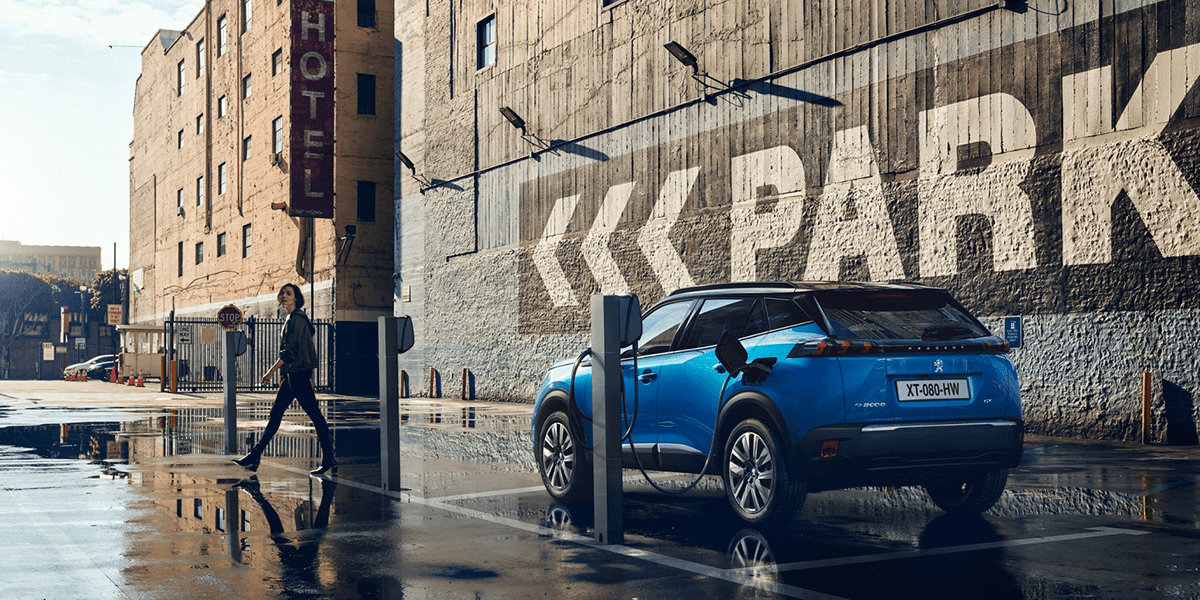
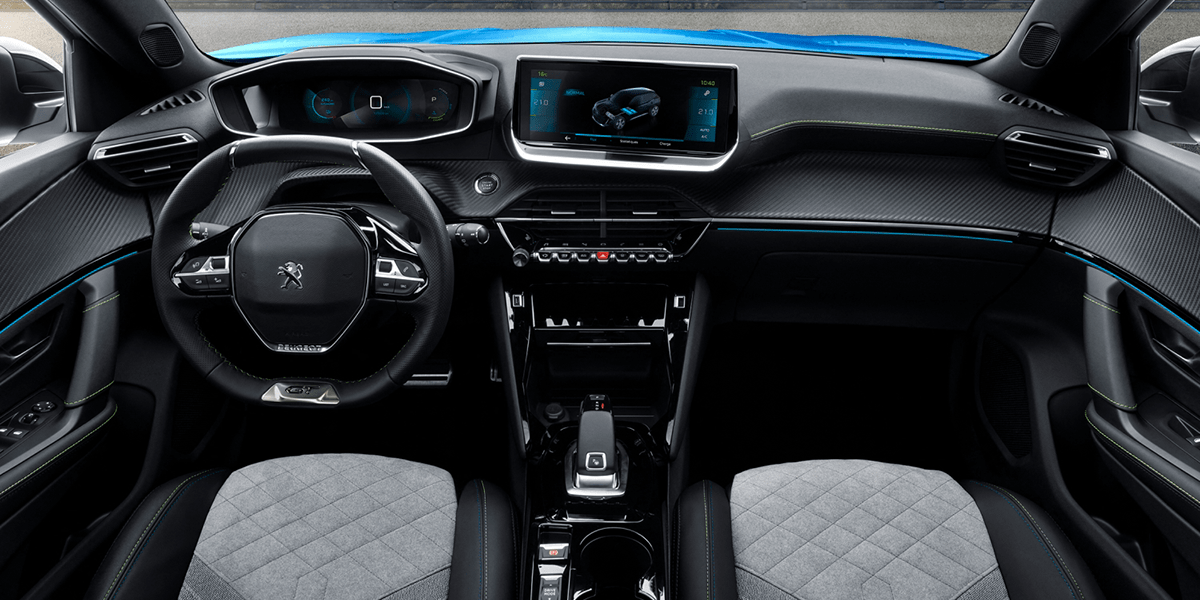
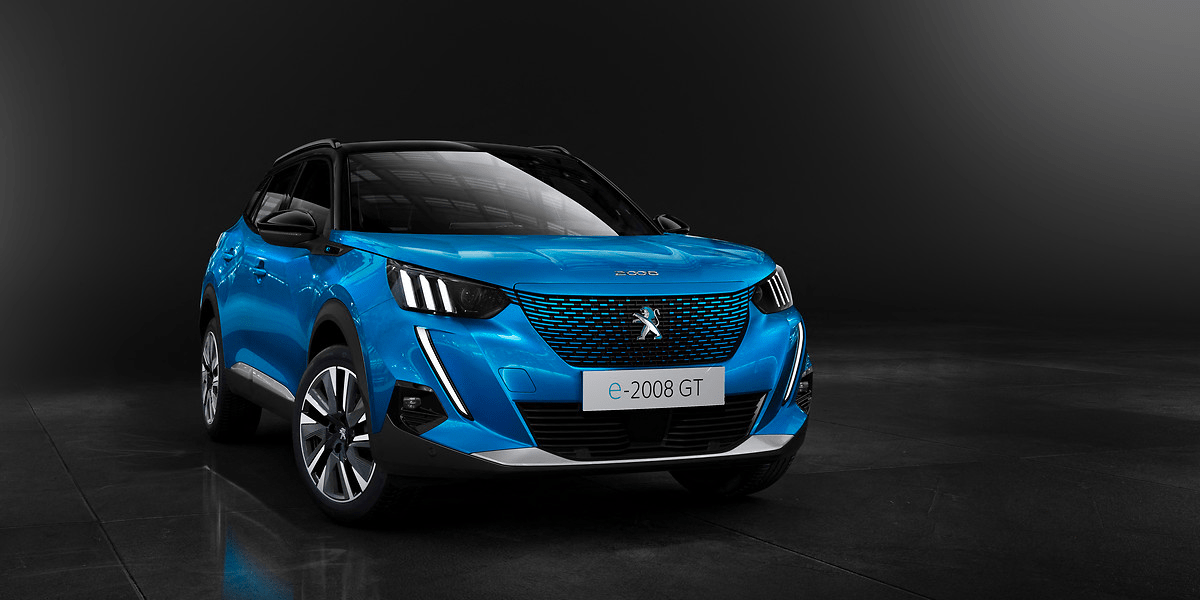
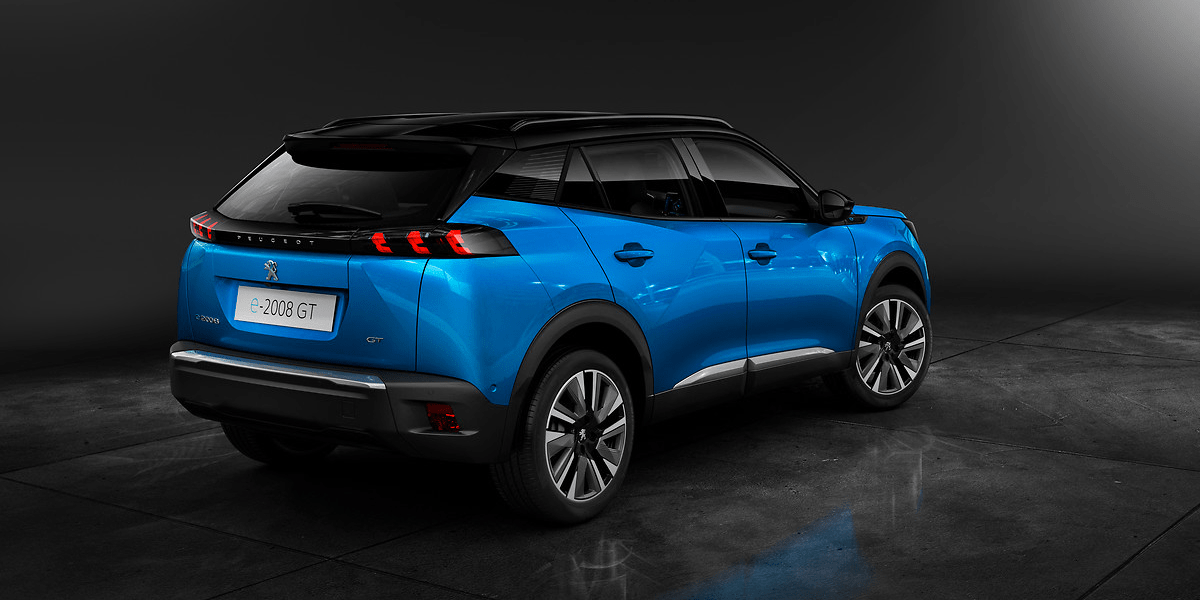
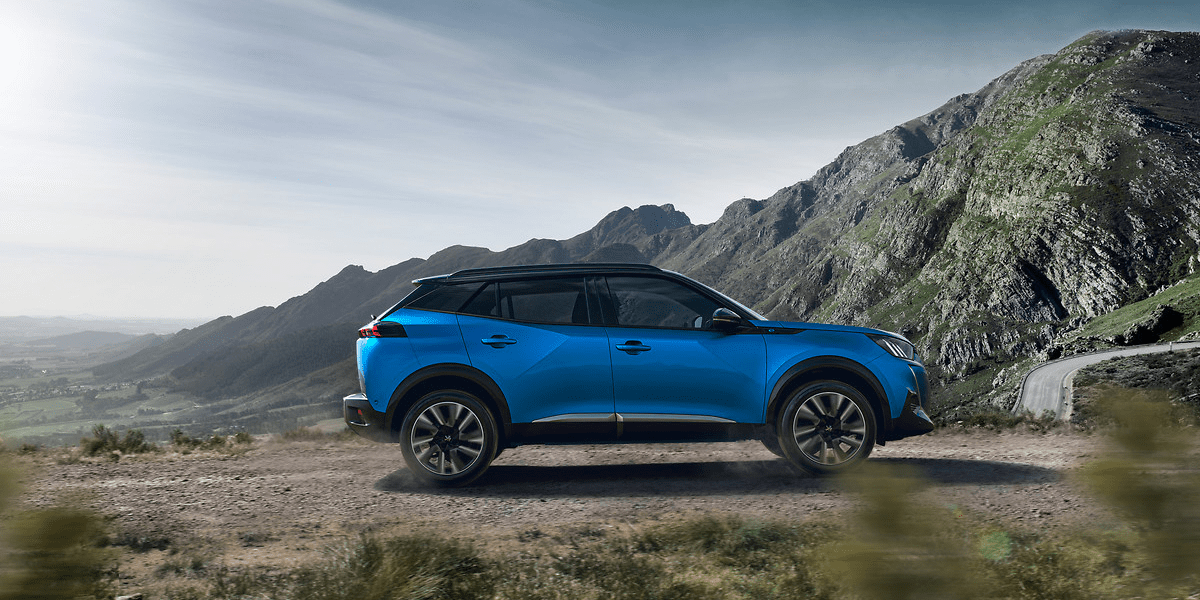
According to Peugeot, the efficiency of the rest of the vehicle has also been increased, (as with the combustion engine variants). The carmaker claims that the smooth underbody, electronically controlled air intakes and reduced rolling resistance leads to improved airflow and aerodynamics.
With a length of 4.30 metres, the SUV is 14 centimetres longer than its predecessor. The wheelbase also extends by almost six centimetres to 2.65 metres, which Peugeot says was intended to give the compact SUV more room inside, especially in the rear seats. The boot volume of 434 litres is the same for all drive variants.
Like the e-208 (and the technically closely related Opel Corsa-e), the e-2008 supports a charging capacity of up to 11 kW. On a wallbox, three-phase charging (11 kW) takes five hours and 15 minutes and single-phase charging (7.4 kW) takes eight hours. At a public 100 kW charging station, the battery charges to around 80 per cent within 30 minutes.
While prices have not yet been released, but they are likely to be higher than those of the e-208, which starts at 30,450 euros.

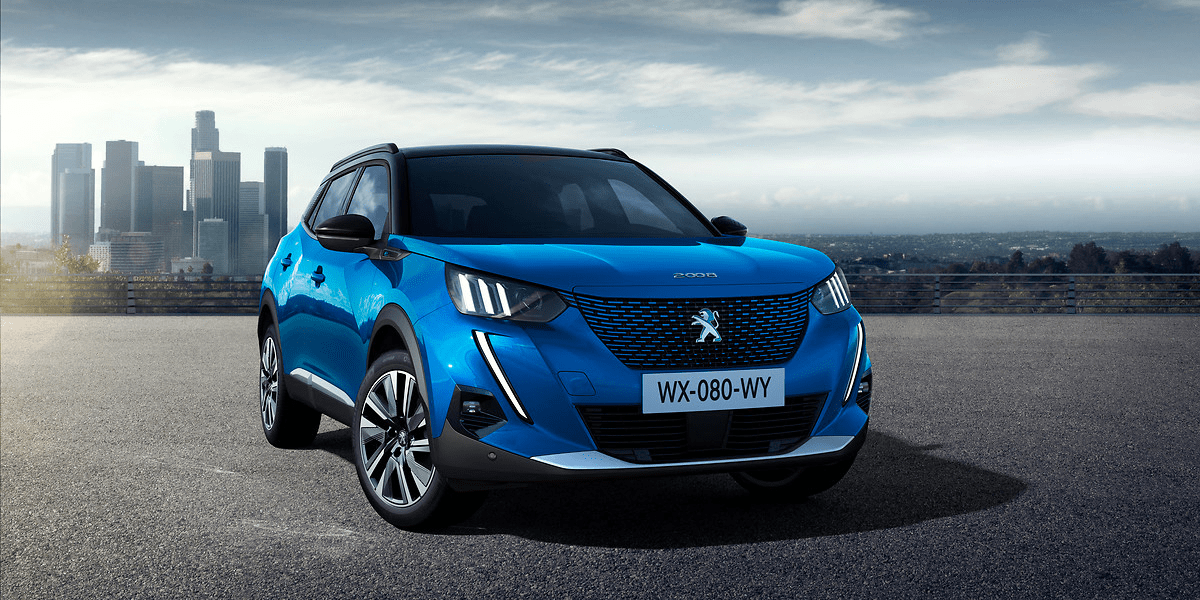



0 Comments